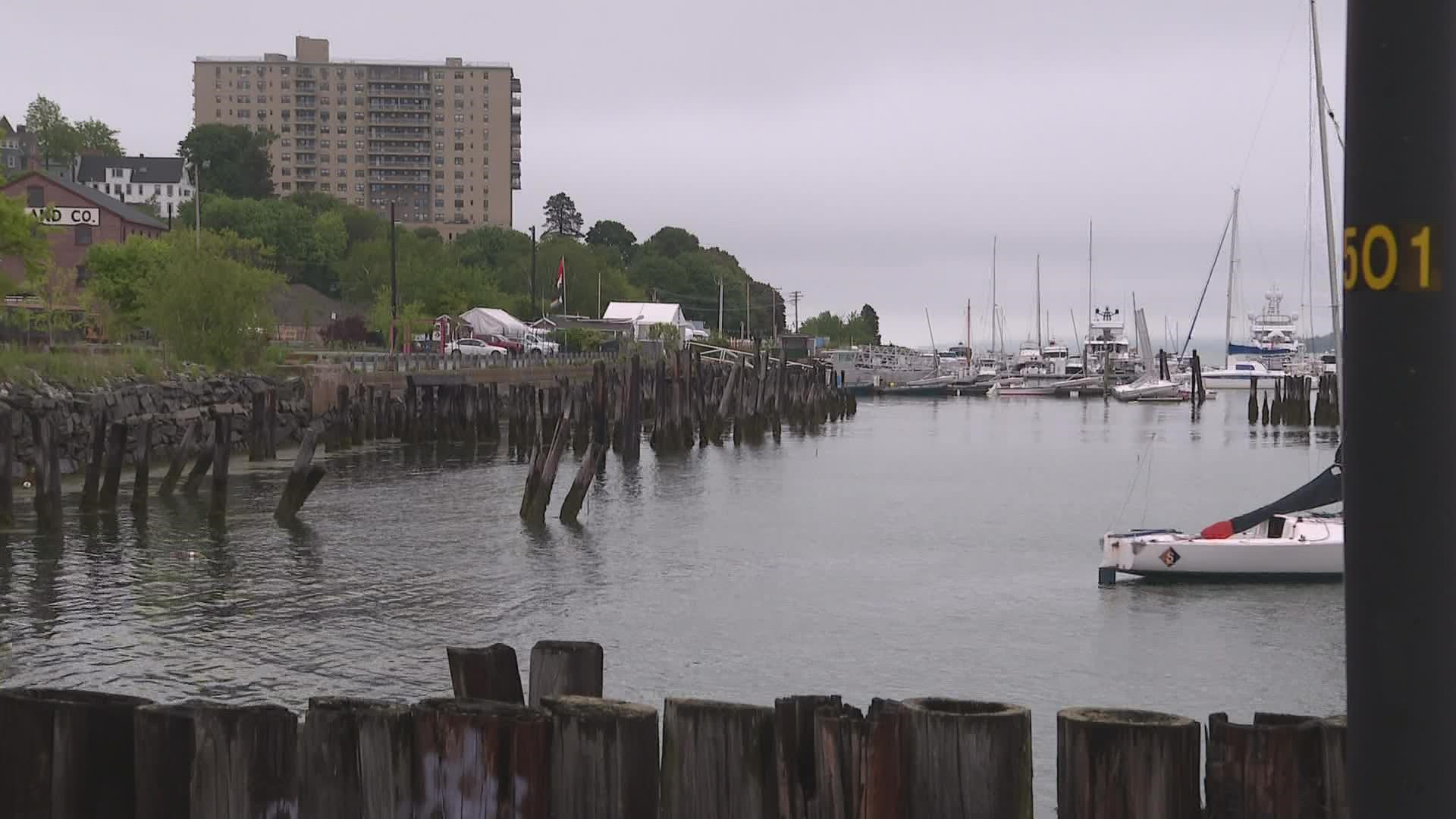PORTLAND, Maine — The UArctic Assembly held its first ever meeting in the lower 48 states, and chose Portland as its host. Senator Angus King co-chairs the Senate arctic caucus and helped bring the assembly to Maine.
UArctic is a network of colleges and institutions within arctic countries. The assembly featured leaders from the US state department, international tribes and high-level Nordic government representatives.
After meeting for two days at the University of Southern Maine, the group sat in a ballroom at the University of New England and discussed how to responsibly mine arctic territory for the minerals necessary to make batteries that store green energy, while preventing countries from mistreating the land and its people.
Russia poses a challenge to UArctic's work. While the three-day assembly is annual, King called a special Friday panel to address Russia's unprovoked invasion of Ukraine, and what the massive arctic nation's unstable leadership could mean for international interests.
The panel also spoke about the Northwest Passage. King and his contemporaries believe it could open wide enough for shipping vessels within the next two decades due to climate change.
King believes that could bring substantial economic possibilities to Maine, owning the US's northeastern most ports.
"It’s about 15 days shorter to go to Europe from China or Asia over the north pole through the Arctic Ocean than it is to go through the Panama Canal," he said. "So, it has enormous opportunities in terms of transit and commerce."
Dana Eidsness directs the Maine North Atlantic Development Office at the Maine International Trade Center and attended the assembly. Eidsness said shipping through the arctic will happen, though not easily.
"Right now, arctic shipping, to me, doesn't seem terribly real," she said. "It's happening, but not without ice breaker escorts. It is unsafe; It's largely uninsurable. From that standpoint, economically, it doesn't look like a viable thing right now."
Despite that outlook, Eidsness believed arctic trade will be noticeable in Portland.
"Will this ever be enormous ships coming into the port of Portland? I doubt it," she explained. "I think it’s gonna be smaller, niche shipping. I think it will increase."
But Maine’s insertion into the arctic conversation has many taking notice.
James DeHart, US coordinator for the arctic region at the state department, was on King's panel.
"What Maine is doing to put itself out there and to try to seize opportunities early is great," DeHart said. "And it makes me think of the core principal that this administration has put out there, is that domestic renewal and foreign policy success are closely connected. You can't be successful overseas if you're not strong at home, and vice versa."
Diane Hirshberg leads economic research at the University of Alaska Anchorage and is part of UArctic. She took the long flight from Anchorage to take part in the conference, and believes subarctic Mainers have a lot to be proud of for their assertiveness in this field.
"There are some ways that we can learn a lot, especially from our Nordic compadres, about how you do economic development in remote and northern places in a better way," she said.
Hirshberg believes Maine, like Alaska, now has a seat at the table to grow with arctic countries.

